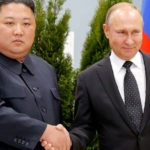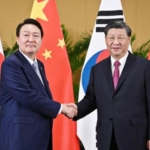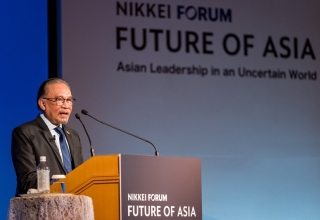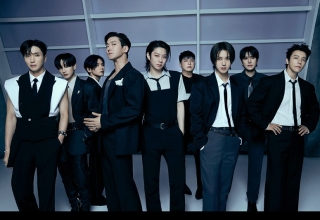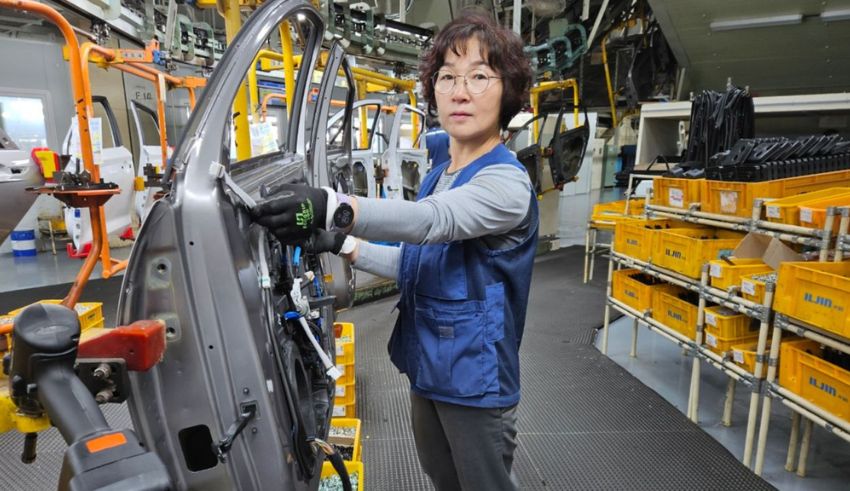
In a significant development, South Korean automaker Hyundai has welcomed its first-ever female factory workers within its homeland. This landmark decision, arriving 22 years after Hwang Ji-sun’s entry into Hyundai, signifies a substantial shift towards enhanced gender inclusivity in an industry historically dominated by men.
Hwang, now aged 52, distinctly recollects the hurdles faced by female colleagues during her early days at Hyundai. Scarce restroom facilities and reduced compensation for female technicians, primarily hired as contractors, posed considerable challenges. Nonetheless, this summer witnessed a historic stride as Hyundai directly recruited six women technicians, breaking from established norms.
For Hwang, who transitioned to full-time staff status six years ago, this development represents a hard-earned triumph. She reflects, “It almost seems as though the company made this decision in response to societal pressure and as a gesture of its commitment to inclusion.”
Advocacy groups and unions had persistently urged Hyundai to address what they termed its “male-dominated sites.”
These recent hirings have ignited a nationwide discourse on gender pay disparities in South Korea, a nation boasting the highest wage gap among OECD countries. Despite its stature as a highly developed economy, South Korea grapples with providing equal opportunities for women, who remain underrepresented in both corporate boardrooms and factory floors.
Experts attribute this disparity to deeply ingrained cultural beliefs regarding gender roles in the workplace. Jung Sungmi, a research fellow at the Korean Women’s Development Institute, suggests that Hyundai’s decision, while symbolic, could potentially herald a departure from entrenched gender roles in workplaces.
Hwang’s journey at Hyundai commenced with a relatively straightforward task: applying black tape to door frames. As a contractor, she received lower remuneration compared to her male counterparts. However, a 2012 Supreme Court ruling declared Hyundai’s practice of excluding contract workers from its staff as illegal, thereby enabling Hwang and others to become full-time employees.
What Comes After the Case
Despite this legal triumph, Hwang’s official transition to full-time employee status unfolded five years later, following protracted negotiations between labor unions and management. Today, she asserts that full-time female workers receive equitable compensation as their male counterparts, with enhanced facilities including additional restrooms and showers for women.
While Hyundai confirmed its recruitment of female engineers this year, specific details remained undisclosed, citing corporate policy. In the United States, where Hyundai also operates factories, just under 28% of auto workers are female.
Keep Reading
Nevertheless, the gender gap in South Korea transcends Hyundai’s factory confines. On average, women in the country earn one-third less than men, a pronounced disparity when juxtaposed with the United States’ gender pay gap of 17%. South Korea grapples with a low female employment rate and a plummeting fertility rate, posing significant economic challenges.
Unlike public institutions, private sector employers in South Korea are not legally obligated to disclose comprehensive gender ratio data, an issue that worker and activist groups have passionately sought to rectify by calling for heightened transparency and accountability in recruitment practices.
In a society deeply rooted in conservative norms, challenging conventional perceptions of women’s roles within male-dominated professions remains a formidable endeavor. Hwang firmly believes that showcasing women’s excellence in traditionally male-associated roles, such as forklift operators, holds paramount importance. She harbors optimism that Hyundai’s pioneering move will subtly catalyze further transformations, paving the path towards a more equitable future.
